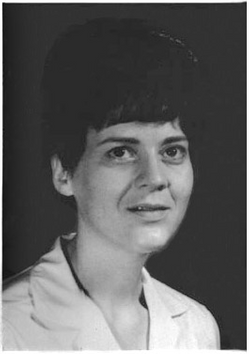Dorna Moini’s Law Practice Today article takes a sanguine view of the threat of automation taking lawyer jobs:
Automation is playing a major role in helping create more legal opportunities rather than eliminate legal jobs. In fact, according to a recent UCLA Law Review article, two leading experts on automation say that technology complements the work of many lawyers, rather than replacing it. Similarly, a recent study of 20 corporate law firms byDocumate found that selling online workflows increased the revenue generated from first stage incorporation work by 210% in just the first two months. These findings are backed up by statistics from the McKinsey Global Institute, which found that only 23% of lawyers’ current jobs could be fully automated.
If automation is not replacing lawyers, how it is impacting the legal profession? Widespread automation of routine documents and legal forms, particularly in areas such as family law, estate planning, or employment law, has helped to introduce more consumers to the availability of legal services. While the lawyers may no longer be handling the routine work that comes with the templates, providing automated forms opens the door for those lawyers to offer their services to a wider segment of the population and to provide other, more nuanced legal services to the consumers who are using those forms. The end result is an increase in their overall workload and their total number of hours billed for higher-value work (or, alternatively, more free time).
The popular notion that automating a single aspect of the law will necessarily obviate the rest of lawyers’ jobs is misplaced. For example, automated forms are undoubtedly increasing the number of clients who now have access to legal representation and reducing the number of hours lawyers are spending on manual, routine tasks. Nonetheless, the bulk of legal practice is at no risk of being replaced by technology. Human lawyers will always be needed for the more critical tasks, like formulating arguments, advising clients, negotiating deals or settlements, and appearing in court.


